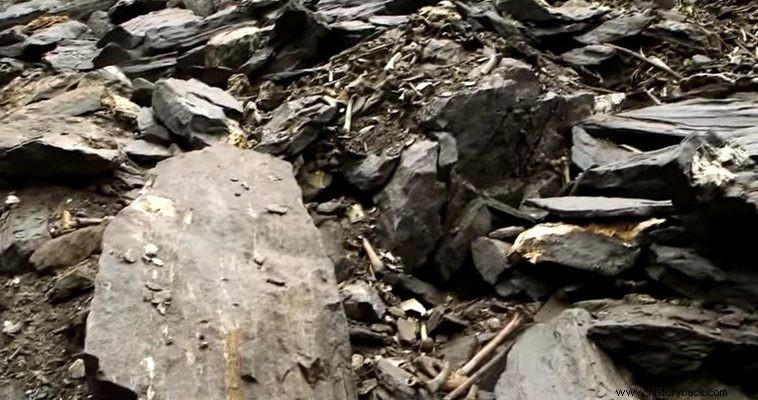
The mystery surrounding the so-called "Skeleton Lake" in the Himalayas is growing. The lake, officially known as Roopkund, is located at an altitude of 5,000 meters and houses the remains of hundreds of people.
A team of researchers who examined 38 skeletons discovered that 14 of the dead probably came from the shores of the eastern Mediterranean and are genetically similar to the current inhabitants of mainland Greece and Crete. There is no clear explanation for the presence of "Greek" skeletons in the Himalayas, but they date from the period between 1,900 and 1,600 AD, which roughly corresponds to the height of the Minoan Civilization.
In contrast, 23 other skeletons genetically match present-day residents of southern Asia (India, Pakistan, Nepal, Bangladesh) and are estimated to have died a millennium later, between the 10th and 7th centuries AD. Another dead person came from Southeast Asia. Differences were also found in the dietary habits between the two groups, reinforcing the findings from dating and genetic reconstructions.
With this data the researchers estimate that the "occupants" of Roopkund lost their lives in different fatal events. However, 13 people from the "Greek" group probably coincide in time, so they may have moved together , while the dead from south Asia probably belong to several separate "waves". The presence of the hundreds of skeletons in the frozen Himalayan lake remains unexplained, although researchers list the main suggestions.
Local legends tell of a royal couple and their entourage who were on a pilgrimage to honor a mountain deity, but were punished for their indecent behavior. There is also speculation that this is a military unit or itinerant traders who were struck by bad weather.
Others have speculated that they are victims of epidemics, but osteological examination of the 38 specimens showed that they were generally healthy. Three skeletons, however, had untreated fractures, which researchers believe were caused by a severe snowstorm in the lake area.
Source: SKY
